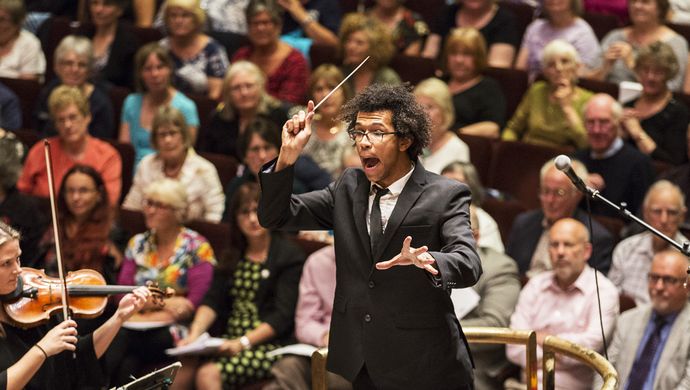
What To Expect at a Nottingham Classics Concert
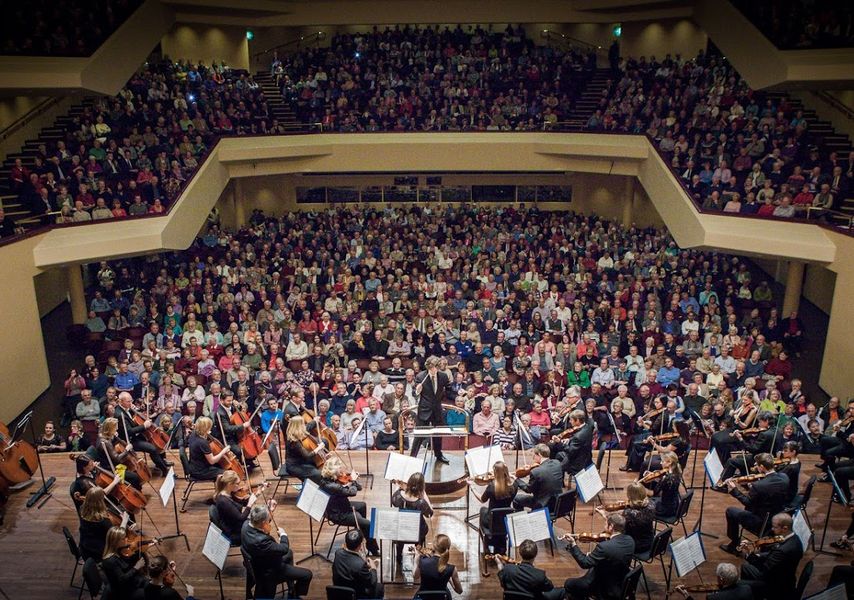
What can I expect from my visit to a classical concert?
There are a few things you may want to be aware of before your visit to a classical concert to ensure you hear the music at its best.
There is no dress code in our venue – it’s your night out and we want you to enjoy it in a relaxed, informal atmosphere.
We ask you to take your seat in good time for the start of the concert, as we may not be able to admit latecomers until the end of the first piece of music. If you need to leave the auditorium for any reason during a piece, you may be asked to wait until the applause at the end of the piece before retaking your seat.
Lighting levels for classical concerts are a little different to other shows. The lights in the auditorium are set at a low level throughout the concert, rather than being completely dark, but are bright enough for you to read your programme as you listen.
If you’re wondering when to applaud, our advice is don’t worry. You’re welcome to clap at the end of a movement, although some people may choose not to. Every performance and audience is different, so some concerts may prompt more applause than others.
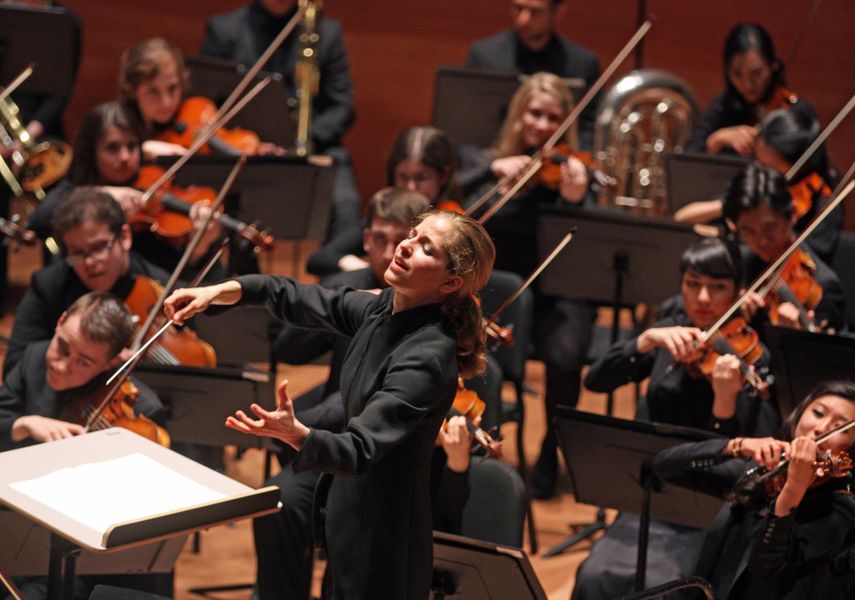
How much do I need to know about classical music?
We want everyone to enjoy our performances, whether you’re a seasoned concert-goer or a first timer. You can listen to Spotify playlists which you’ll find on every concert page of our website.
Our Nottingham Classics programmes also offer lots of information about the music, the orchestras, conductors and soloists performing. With helpful translations and glossaries, these notes are easy to read and don’t assume prior knowledge.
Most concerts also include a free pre-concert talk, giving you an opportunity to find out more about the music. These talks include introductions by expert speakers and informal chats with conductors and soloists – a great way to learn more about the repertoire. If you want to go deeper, then try our Classical Music Roadmap, a series of illustrated talks ranging from introductions to symphonies, to the complete history of classical music in two hours.
You can also experience the concert as a surprise. You don’t have to know the music beforehand to fall in love with it.
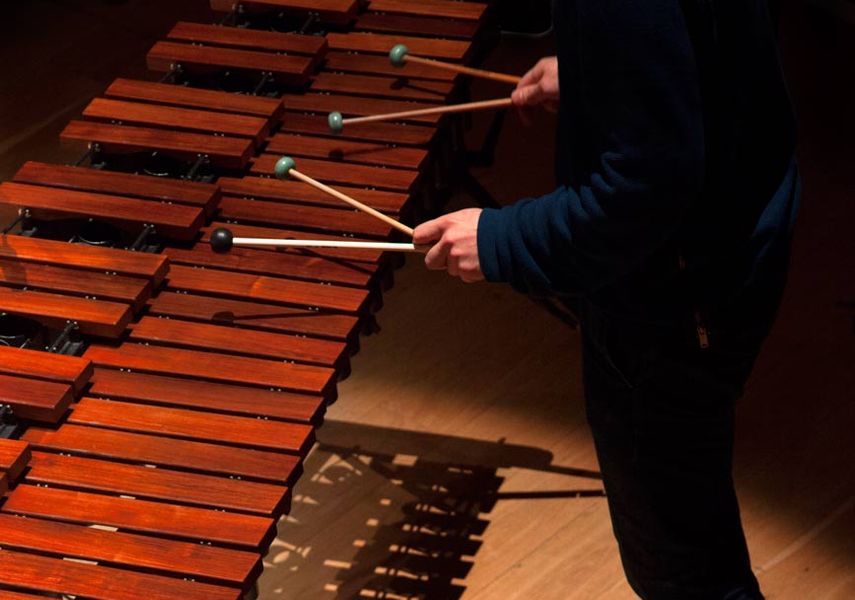
How quiet do audiences need to be in classical concerts?
Our classical concerts give you the chance to experience music from the world’s greatest performers without any distractions from the outside world so please switch your mobile phones off before the concert starts and again after the interval. A ringtone will cause a disturbance and the light from your screen may be visible to those sitting around you, as well as the performers.
Many pieces of classical music present great contrasts in sound, with very quiet moments of near silence. For this reason, we ask that you remain as quiet as possible whilst the music is being performed. If you wear a hearing-aid, please make sure this is adjusted to the right setting before the concert begins to prevent any high-pitched feedback disturbing the performance.
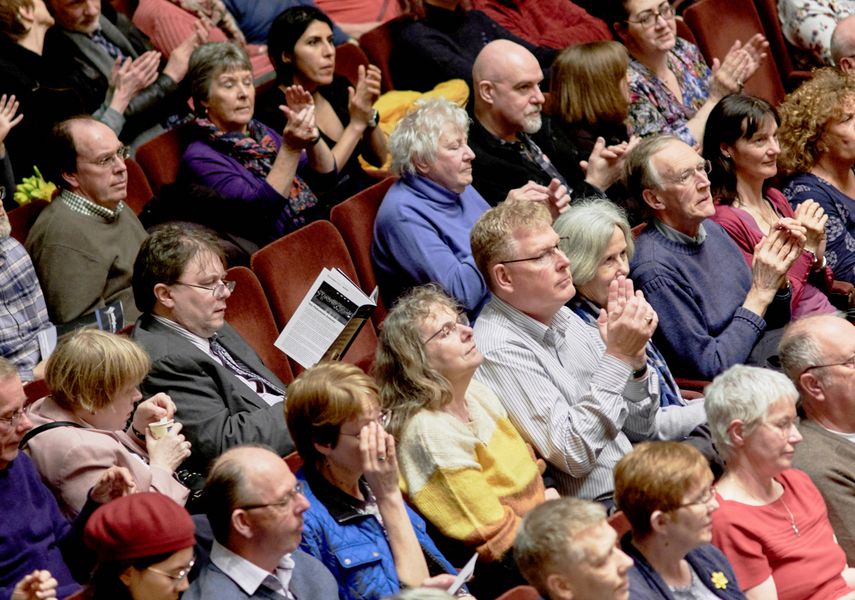
Where is best to sit in a classical concert?
The Royal Concert Hall is world-renowned for its exceptional sound, so no matter where you sit you’ll always have a great experience. If you want a closely focused sound, you may want to sit towards the front of the Stalls area. For those who want a panoramic view of the orchestra, we suggest Tier 1 and 2, both of which also offer excellent sound. If you prefer a more intimate view of the orchestra then you can try the Boxes in Tier 1 and 2, or even the Choir Stalls located above and behind the stage providing a unique view of the orchestra and especially the conductor. Still unsure where to sit? If you have any questions about specific seats, our Box Office team will be happy to help on 0115 989 5555.


